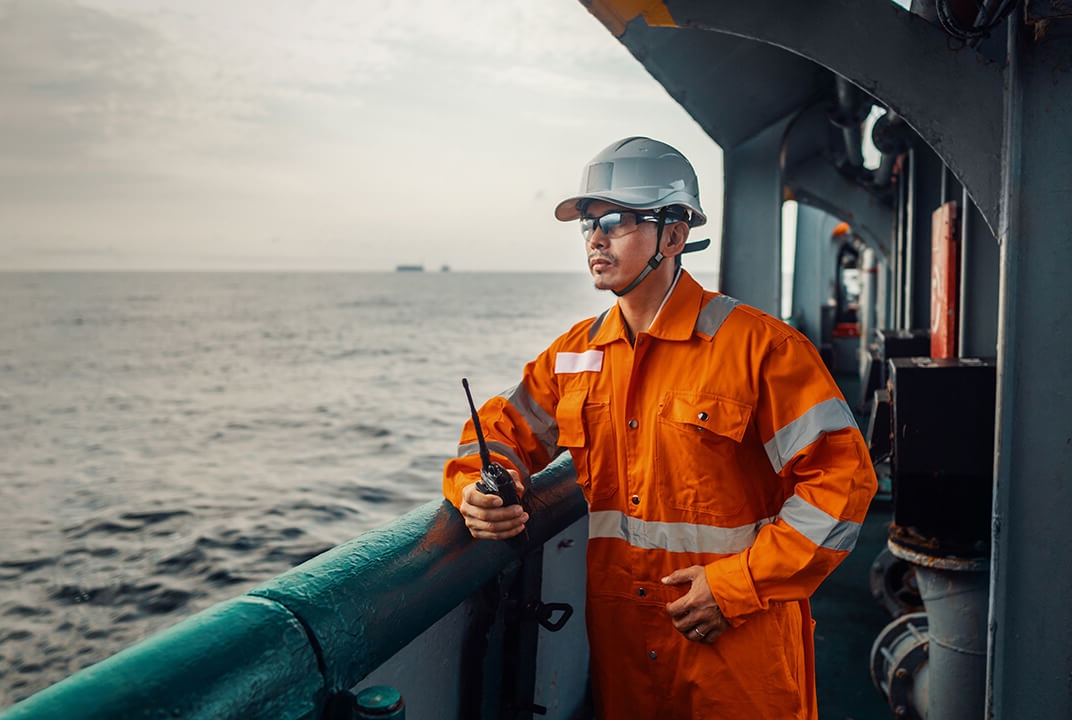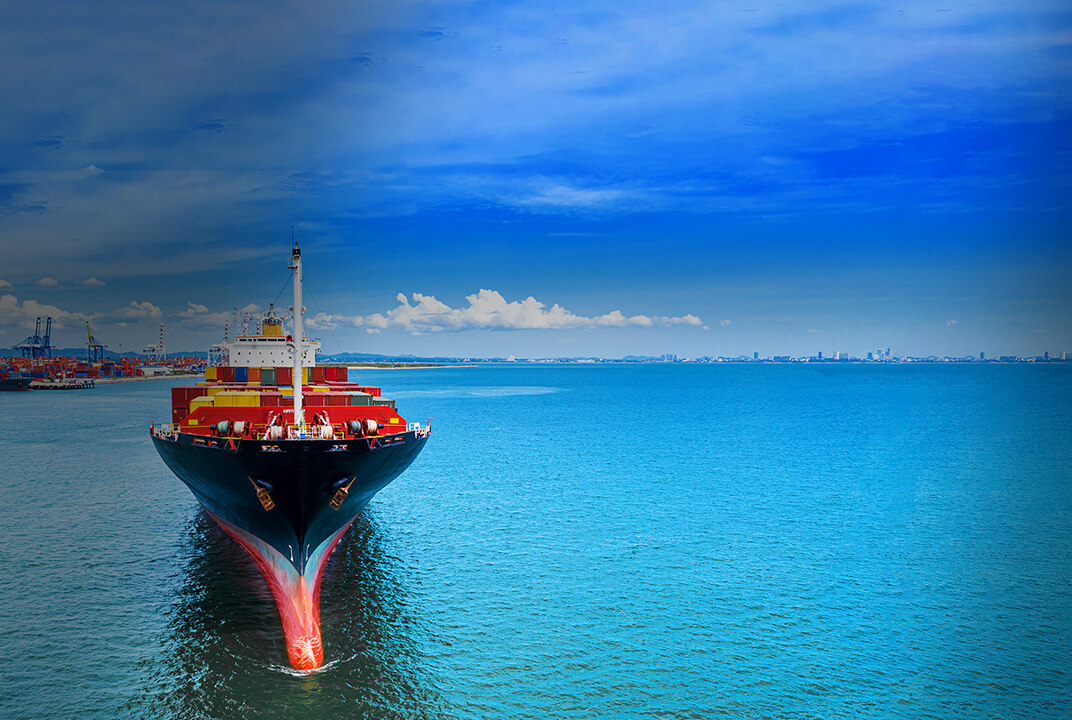Insight | With 246 piracy attacks reported to the ICC in 2015, how do you keep seafarers safe at sea?
With 246 piracy attacks reported to the ICC in 2015, how do you keep seafarers safe at sea?
Maritime
In 2015 alone, 246 piracy attacks were reported to the International Chamber of Commerce (ICC) International Maritime Bureau’s Piracy Reporting Centre (IMB PRC).
Before 1992, shipmasters and ship operators had nowhere to turn to when their ships were attacked, robbed or hijacked, either in port or out at sea. If a Master had to report an incident he was required to lodge a complaint at the local police station. Local law enforcement either turned a deaf ear, or chose to ignore that there was a serious problem in their waters.
Confidence in targeted waters
This prompted the setting up of the IMB PRC in 1992, to offer a free 24-hour service for shipmasters to report any piracy or armed robbery incidents globally, by telephone or email.
Wherever shipmasters are in the world, they can be confident that they can use the IMB PRC service when they are under attack from pirates. All information received is immediately relayed to the local law enforcement agencies requesting assistance, and incident details are also immediately broadcast via Inmarsat SafetyNET service (accessed over Inmarsat C, the only GMDSS approved satellite safety service) to vessels in the Indian or Atlantic Ocean regions. This provides vital information to the ships’ Masters and increases their awareness of dangers in the area.
Tracking piracy trends
Inmarsat’s SatefyNET also allows the IMB PRC to send out either targeted broadcasts to vessels in a specific sea area, or more general information broadcasts to a wider ocean region, ensuring that ships are always informed of the threats and risks in their vicinity.
Incident information is shared with the International Maritime Organization (IMO), governmental, inter-governmental, law enforcement agencies and industry bodies, to allow them to understand the nature, effects and trends of piracy and armed robbery in various sea areas and produce best practice guidelines for crew, vessel and cargo.
As a trusted and single point of contact for reporting incidents globally, the IMB PRC is able to immediately identify any trends or shift in patterns and alert all concerned parties.
Having worked for the IMB since 2007, I have had first-hand experience of the value in the IMB PRC’s work and the importance of the Inmarsat broadcasts.
High risk waters
One of the highest risk areas at the moment is the Gulf of Guinea. Waters off Somalia and the Gulf of Aden need to be transited with caution and shipmasters must follow all industry Best Management Practices (BMP) recommendations.
Unfortunately not all incidents get reported and this is a concern. Whilst the number of incidents in waters off Somalia and the Gulf of Aden has reduced, it is because the opportunity for the pirates has reduced, a direct result of the IMB PRC urging caution to all transiting these waters.
South-East Asia and the Far East are also high risk areas due to the large number of reported armed robbery incidents, and there has been a slight increase in attacks over the years. Although the incidents in these waters tend to be low level thefts, all have the potential to harm crew. Between mid-2014 and August 2015 there was a series of hijacking of small coastal product tankers, resulting in the theft of cargo – thankfully these have now decreased as some of the pirate crews and the mastermind behind the attacks have been apprehended.
The crime of piracy and armed robbery is as fluid as the water on which it is committed. The only way to address this is to have a unique global reporting system, which is well respected, trusted, sustainable, transparent, free of political influence, capable to outlast the current hotspots and separate from the actual response.
The need to share information in a timely and transparent manner has never been greater. This will allow the responding authorities to make the appropriate decisions, in terms of allocation of resources, deployment and inter-governmental co-operations.
Inmarsat SafetyNET gives the IMB PRC the capability to broadcast important safety messages and provide the Masters with vital information to increase their domain awareness.
About the author
Cyrus Mody joined the International Chamber of Commerce’s International Maritime Bureau (ICC-IMB) in 2007 and is Assistant Director. His portfolio consists of gathering and analysing data on worldwide maritime piracy and armed robbery. He regularly liaises with and updates the shipping community, as well as governments, navies, law enforcement, academies and media on the latest concerns, risks and trends in various ports and seaways around the world. He is also part of the ICC delegation at the Maritime Safety Committee (MSC) meetings at the IMO, and as part of the steering and working group for the International Seafarers Welfare Assistance Network’s (ISWAN) Maritime Piracy Humanitarian Response to Piracy (MPHRP), Cyrus has been involved in developing training and good practice guides for shipping companies. In addition to the anti-piracy work, he has conducted investigations involving shipping insurance and cargo claims and frauds. He carries out CDD/EDD checks and documentary checks for the institutions and organisations under the IMB membership. Cyrus, who has a Bachelor’s degree in Psychology from the University of Mumbai, India, started his Merchant Navy career in 1993 as a deck cadet on general cargo ships, and went on to qualify as a Master Mariner in 2003.


